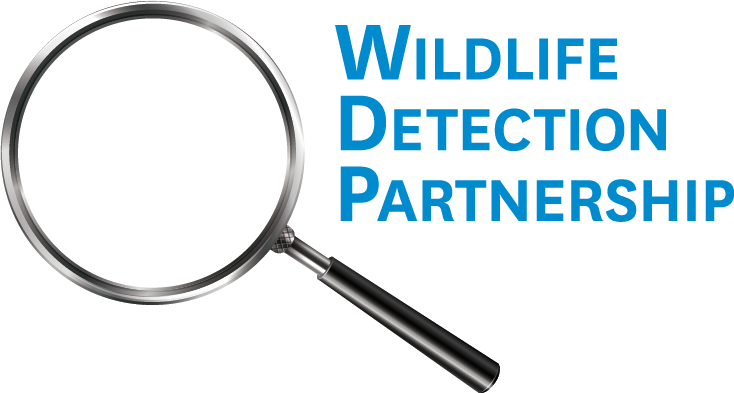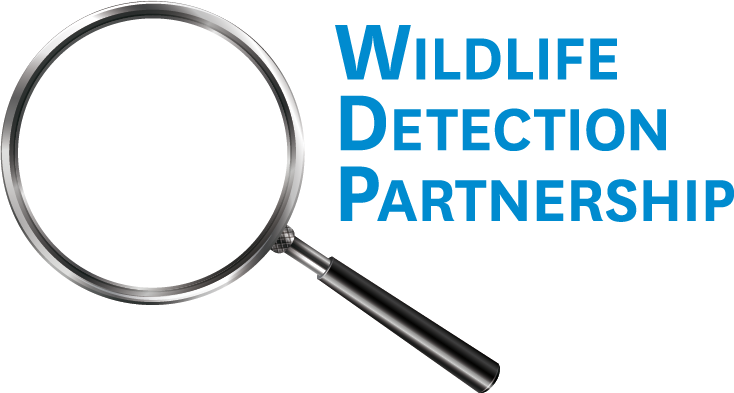Nature Intelligence System
With support of Microsoft’s AI for Earth, Conservation International (CI) in partnership with Roger Williams University and the University of Massachusetts Boston developed the Nature Intelligence System (NIS) to provide cutting-edge technological solutions that support governments in their attempt to combat the illegal wildlife trade.
Learn More
Fin Finder
Led by Conservation International with support from implementing partners Microsoft and Singapore’s National Parks Board, Fin Finder is an AI driven mobile application that supports customs inspectors in the rapid identification of shark and ray species.
Learn More
About Wildlife Detection Partnership
The Wildlife Detection Partnership (WDP) is a consortium of leading institutions in academia, the private sector and the NGO community committed to jointly developing and facilitating the adoption of AI technologies to help international customs authorities detect illegally trafficked wildlife at global ports of entry. The partnership is led by Conservation International, Roger Williams University, University of Massachusetts Boston, and TerraNautics with support and investment by Microsoft. We utilize Artificial Intelligence in innovative solutions to detect and disrupt the transport of illegal wildlife in ports of entry around the world.
The Illegal Wildlife Trade Crisis
Illegal wildlife trade (IWT) is a multi-billion dollar industry often run by transnational criminal networks. It endangers the survival of countless species, contributes to zoonotic disease transmission, and poses an immense challenge for customs and law enforcement at airports and seaports. With massive quantities of goods moving around the globe, governments cannot stop, inspect and confiscate all trafficked wildlife. This leaves ample room for traffickers to slip under the radar - concealing wildlife and wildlife products in luggage, air cargo, and shipping containers.
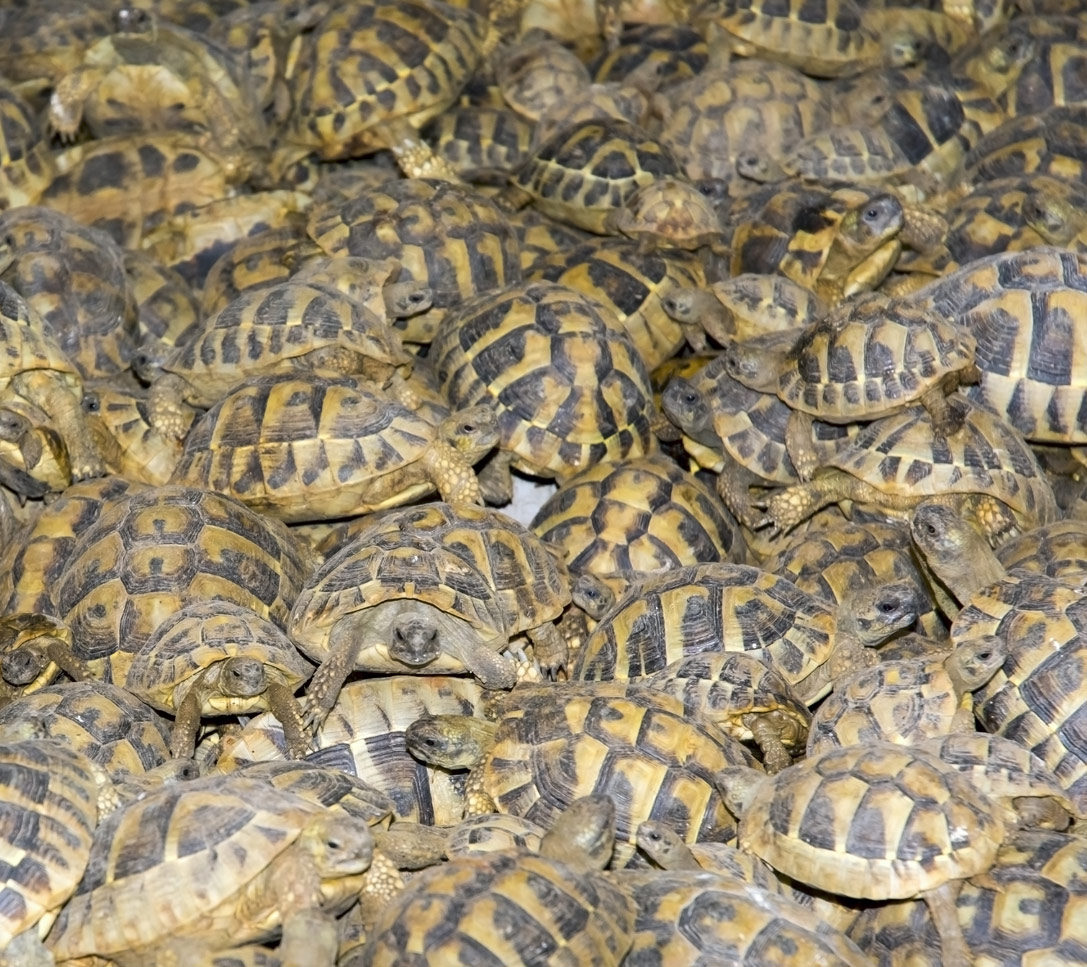
IWT Detection and Enforcement Challenges
Current wildlife trafficking detection efforts are limited and constrained by a variety of factors including:
- Inspectors Lack Tools and Training to Inspect Suspect Contraband — Port inspectors have the near impossible task of checking, identifying and verifying the legality of thousands of species shipped daily.
- No Automated Detection — Current X-ray systems lack the capacity to automatically detect wildlife. At airports, only 10% of checked luggage is hand-searched, and wildlife inspection only takes place upon arrival. Similarly, a small percentage of air cargo and shipping containers are physically inspected.
- Difficulty Confirming Veracity of Shipping Documents — Shipping manifests must be reviewed manually, often with little to no security procedures to ensure the integrity of the cargo or detect fraudulent documents.
- Lack of Data Gathering and Analysis — When data on illegally trafficked wildlife is gathered, the sources are rarely analyzed to connect information from people, objects, events and assets in a single port or across many ports.
- Inadequate Information Sharing — Information obtained by detection units is often siloed and not shared with domestic and global enforcement partners, thereby missing out on real-time, data-driven enforcement actions and trends.
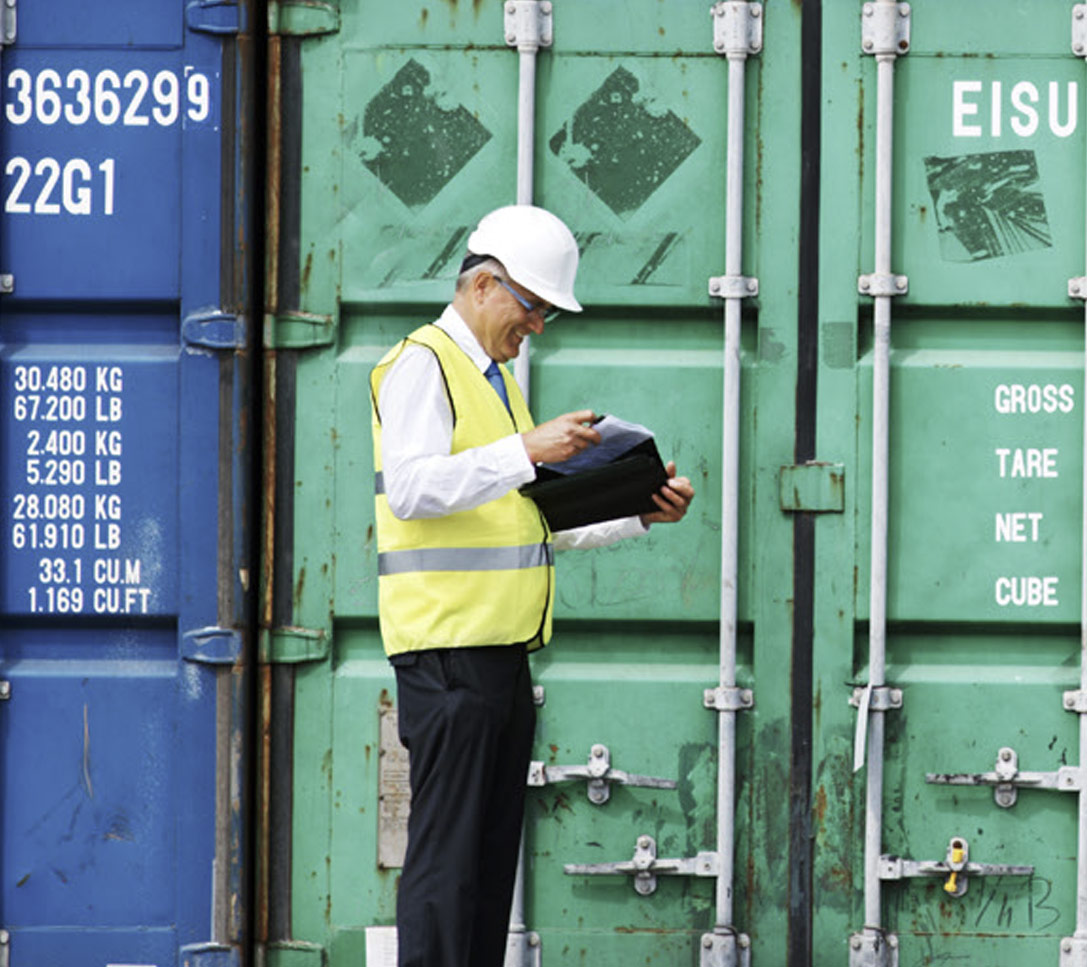
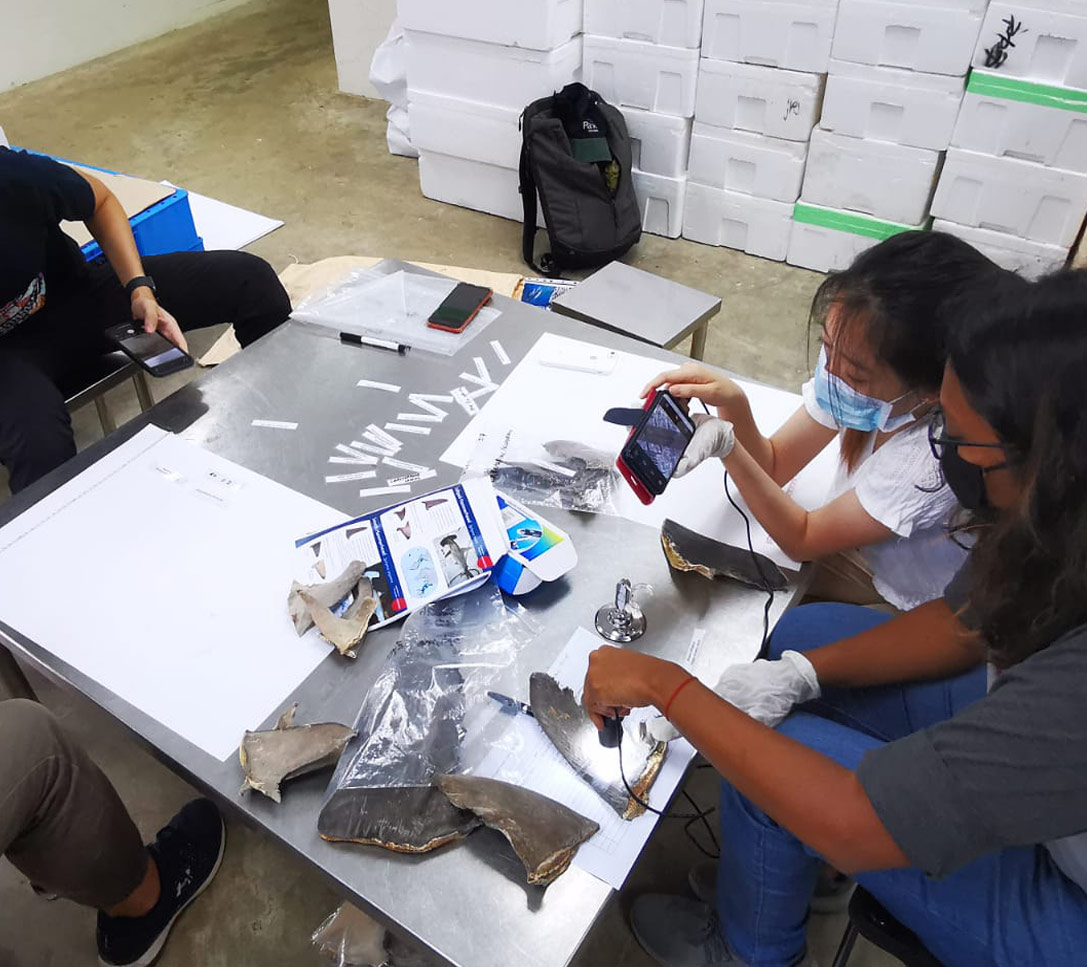
The Solution: AI Powered Wildlife Detection Products and Services
The Wildlife Detection Partnership (WDP) seeks to deploy artificial intelligence (AI) solutions to address these challenges and radically disrupt the illegal wildlife trade. AI technologies can automatically identify and flag wildlife contraband for confiscation, while information gleaned from passenger and shipping data can be mined, analyzed and shared to identify criminal networks, financial flows and facilitate enforcement action. We are designing, prototyping, and testing a suite of products and services that will help global enforcement agencies dramatically enhance their capacity to detect and combat illegal wildlife trade. Once these technologies are deployed across major ports of entry, we can turn the tide against wildlife trafficking, reduce the risk of future pandemics, and provide a lifeline to imperiled species.

